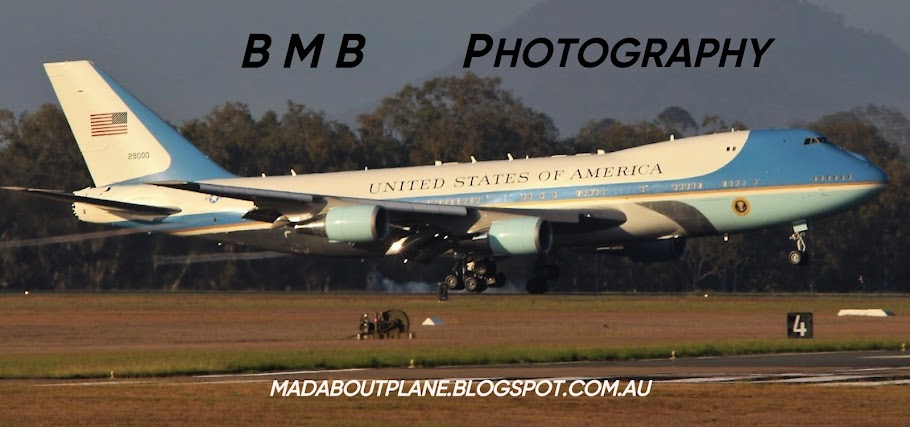On the 12th of November 1996, Saudia Flight 763, a Boeing 747 en route from Delhi-Indira Gandhi International Airport (DEL/VIDP), India to Dhahran International Airport (DHA/OEDR), Saudi Arabia, and a Kazakhstan Airlines Flight 1907, an Ilyushin Il-76 en route from Shymkent Airport (CIT/UAII), Kazakhstan to Delhi-Indira Gandhi International Airport (DEL/VIDP), India collided over the village of Charkhi Dadri, around 100 km (62 miles) west of Delhi.
The crash killed all 349 people on board both planes, making it the world's deadliest mid-air collision and the deadliest aviation accident to occur in India. There were 312 POB the Saudi flight and 37 POB the Kazakhstan flight. The crash was caused by failure of the Kazakhstani crew to maintain the correct altitude, because of confused dialogue with the tower, communicated via the radio operator, while also apparently fighting turbulence.
The controller called Flight 1907 again and again, but he received no reply. He tried to warn of the other flight's distance but was too late. The two aircraft collided, with the tail of the Kazakhstan flight slicing through left wing of the Saudia 747 and horizontal stabiliser.
The factors contributing to the unauthorised descent of Kazak aircraft to FL-140, departing from the assigned FL-150, were:
1) inadequate knowledge of English language of Kazak pilot, resulting in wrong interpretations of ATC instructions.
2) poor airmanship and lack of proper CRM (Crew Resource Management) skill on the part of PIC (Pilot-in-Command) compounded by leadership quality lacking in him.
1) inadequate knowledge of English language of Kazak pilot, resulting in wrong interpretations of ATC instructions.
2) poor airmanship and lack of proper CRM (Crew Resource Management) skill on the part of PIC (Pilot-in-Command) compounded by leadership quality lacking in him.
Aircraft Information No 1
Airline: Saudi Arabian Airlines
Code: SV/SVA
Aircraft: Boeing 747-168B
Registration: HZ-AIH
Serial Number: 22748
Engines: 4 Rolls-Royce RB211-524C2
First Flew: 03/02/1982
Age at accident: 14 Years 10 Months
Aircraft Information No 2
Airline: Kazakhstan Airlines
Code: K4/KZA
Aircraft: Ilyushin Il-76TD
Registration: UN-76435
Serial Number: 1023413428
Engines: 4 x Aviadvigatel PS-90 turbofan engines
THOUGHTS ARE WITH THE FAMILIES AND FREINDS THINKING OF LOVED ONES TODAY

No comments:
Post a Comment